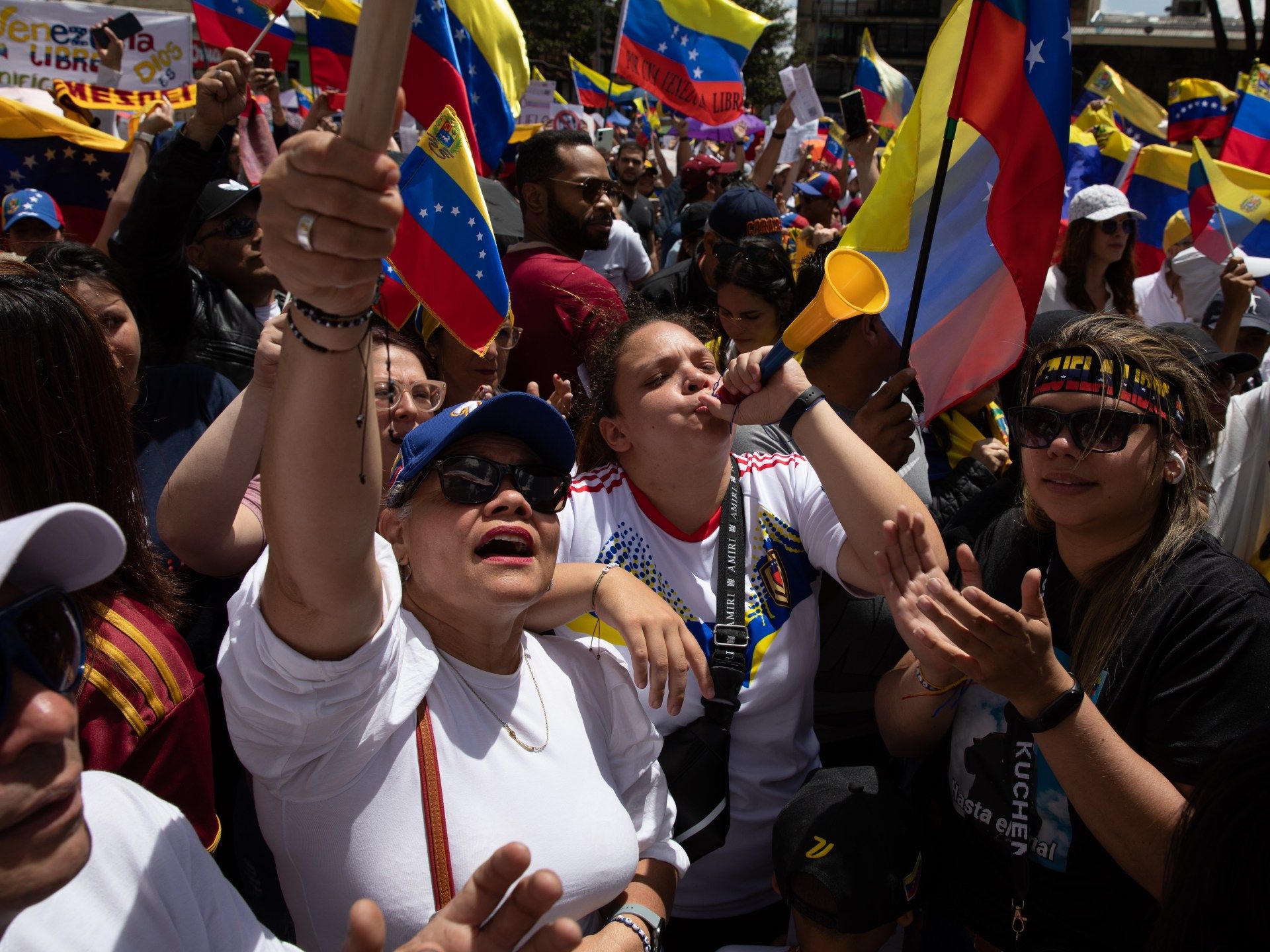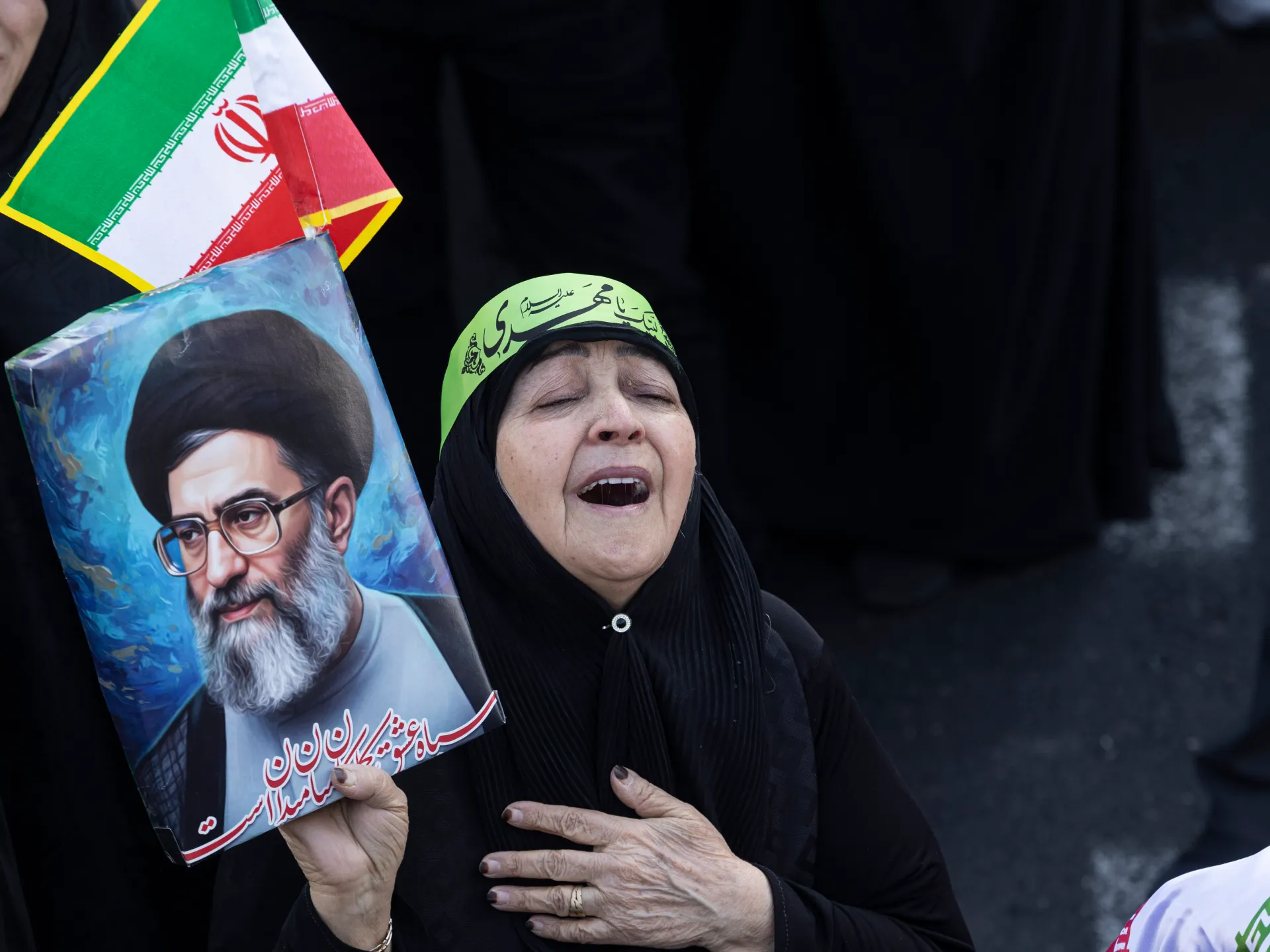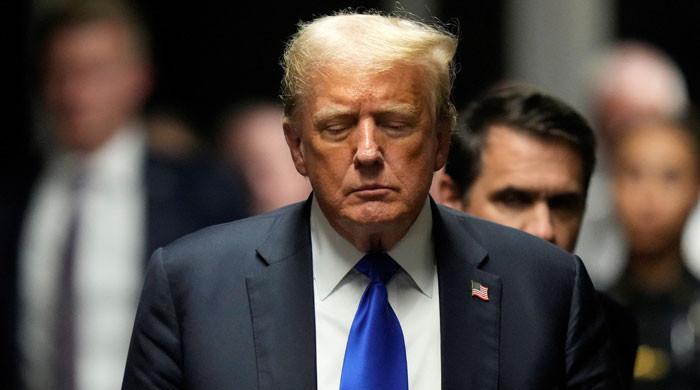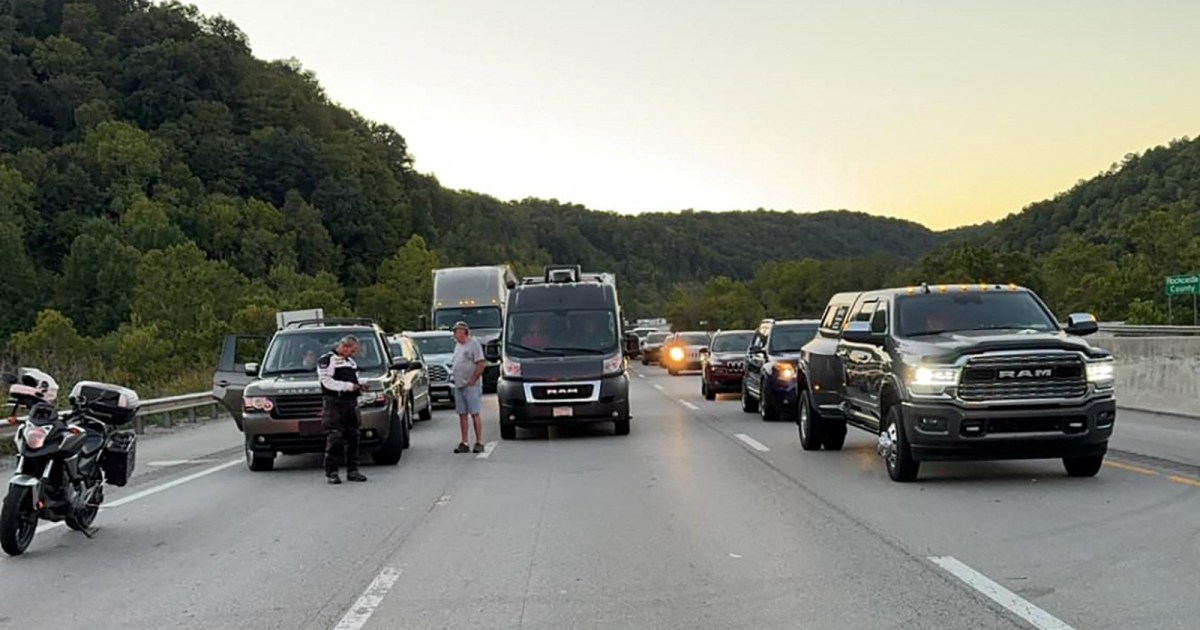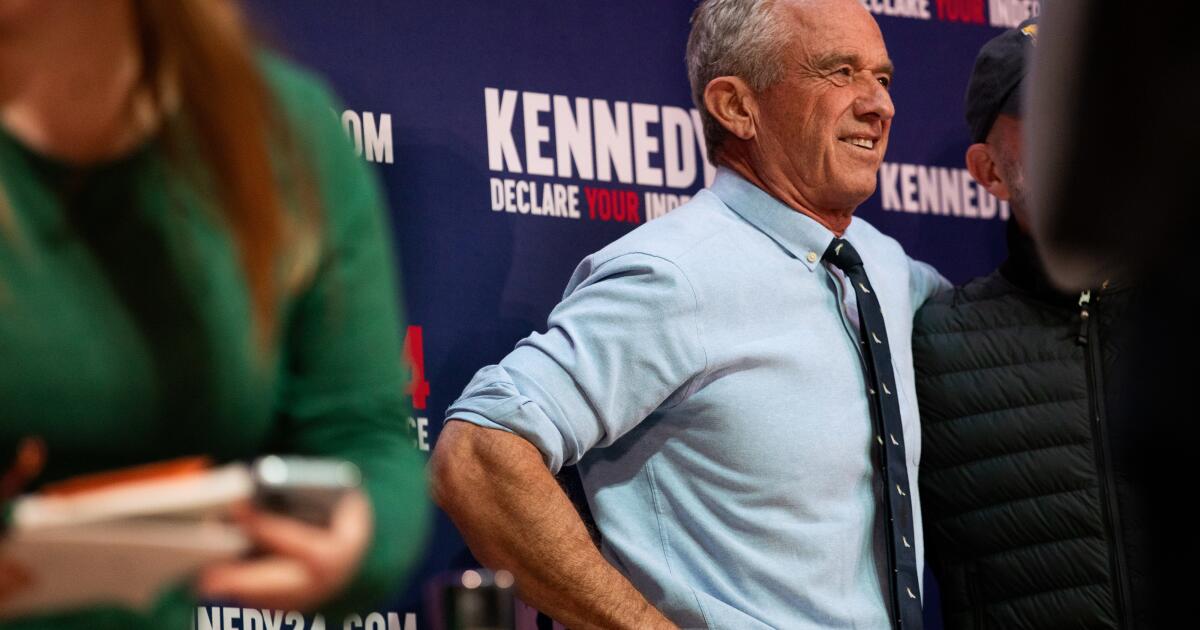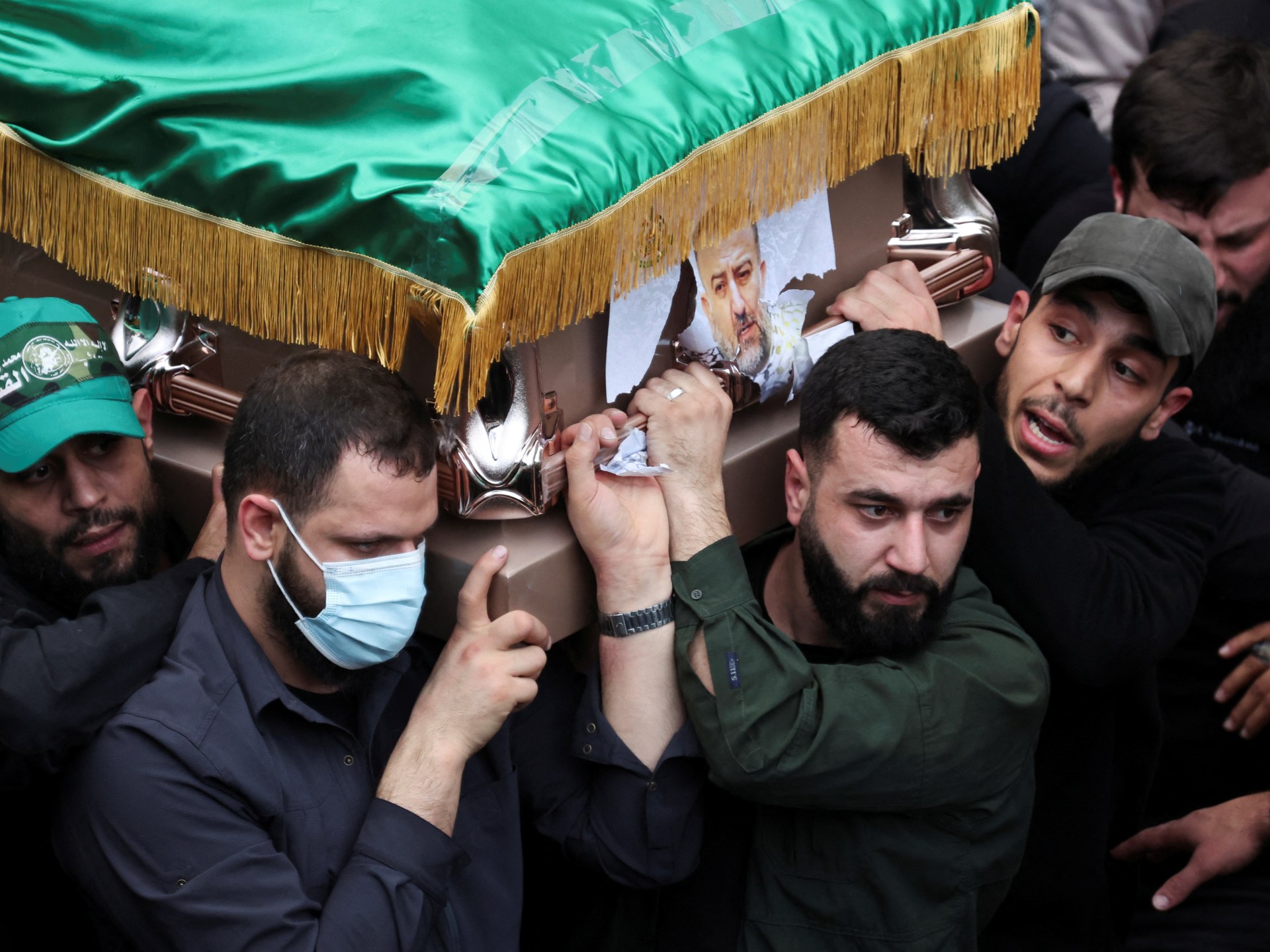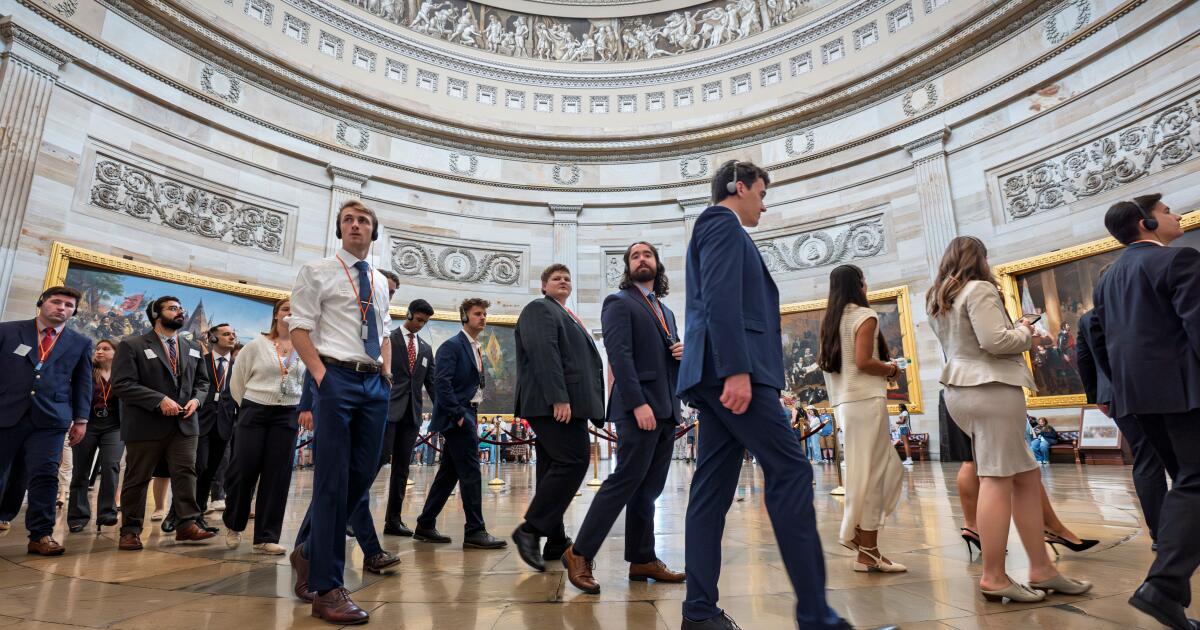By leveraging their political power, members of the Venezuelan diaspora like Arellano hope to make a difference to their host countries in Latin America, where the majority of the diaspora is based.
The region's heads of state are leading negotiations with the Maduro government.
Colombia and Brazil, allies of the Maduro government, have taken the initiative to seek solutions to the electoral dispute. They have not recognized either Maduro or Gonzalez as the winners of the elections and, instead, have asked the government to hand over the voting ballots.
“Whatever the will of the Venezuelan people, Colombia will respect it,” Colombian President Gustavo Petro told Le Monde newspaper. “It is a delicate moment and all parties must be prepared to manage it peacefully.”
In their role as mediators, the leaders of those two countries also put forward their own proposals for a resolution that would address the concerns of both sides.
On August 15, for example, Brazilian President Luiz Inácio Lula da Silva proposed holding new elections in Venezuela.
That same day, President Petro launched the idea of alternating power between the Maduro government and the opposition.
But both ideas were quickly rejected by opposition members inside and outside Venezuela.
The two countries also reacted with a joint statement last week when Venezuela's Supreme Court ruled in favor of Maduro's claims of victory, without offering evidence to back them up.
Colombia and Brazil reiterated their call for Maduro's government to publish the vote count, but also demanded an end to international sanctions against Venezuela, a source of pressure on its fragile economy.
Meanwhile, the governments of Peru, Ecuador, Costa Rica, Argentina, Uruguay and Panama have recognized Gonzalez as Venezuela's new president-elect, a stance that advocates in the diaspora hope more world leaders will adopt in the run-up to the inauguration in January.
In legislatures in Mexico, Brazil, Colombia, Argentina, Chile and other Latin American countries, Venezuelan activists — many of whom are political leaders in exile — are also meeting with their fellow lawmakers in hopes of shaping policy.
“If we are democrats, then democracy must be above our political alliances and ideological visions,” said William Clavija, a 34-year-old migrant and president of Venezuela Global, a Brazil-based humanitarian organization that has advocated for electoral transparency.

